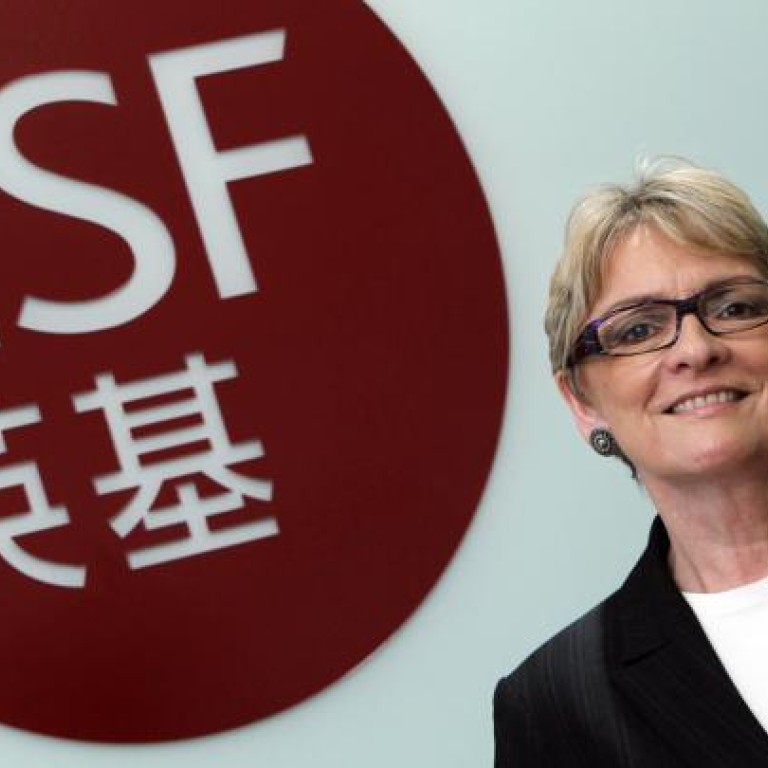
'Outsiders' have slim hope of landing ESF places
New scheme gives priority to staff and sibling connections and families who pay HK$500,000
Pupils hoping to land a place at an English Schools Foundation school in coming years will have a slim or non-existent chance of even securing an interview unless they are well connected to the ESF or have paid a costly nomination rights fee.
This is indicated by figures from the ESF, which announced on Monday that it would no longer give priority to non-Chinese-speakers and children from ESF-affiliated kindergartens.
Under the new scheme, priority will be given to those with staff and sibling connections, families who have bought the nomination rights costing HK$500,000 a student, and children of former ESF students.
A new assessment system will also be introduced to test applicants' English proficiency and their suitability for an ESF school through interviews with both the child and the parents.
But data revealed by the foundation show the annual offering of primary one places can easily be surpassed by the number of applicants who are connected to the ESF. More than 400 pupils who are either siblings of current students or children of staff applied for year one entry for the 2013-14 academic year.
These students get priority for interviews for one of the 1,020 year one places available every year, along with 600 graduates of ESF-affiliated kindergartens,
An ESF spokeswoman said that under the system, which will take effect in August for interviews for 2014 admission, the priority for kindergarten children would continue until 2016.
The foundation has said that year one place numbers will not change in the short term.
The spokeswoman stressed that priority for interview did not guarantee admission. When asked how the new system would measure commitment to ESF-style education - a criterion for admission - she said details of the interview could not be revealed because they were not final.
Expatriate parents are worried that the scheme means they will face greater competition from locals, who are expected to rise in number as the policy is more favourable to them.
Critics have said that the lack of quality English education will damage Hong Kong's reputation as an international city and its attractiveness to overseas talent.
Meanwhile, ESF chief executive Heather Du Quesnay said in a radio programme yesterday that it would be hard for the ESF to give more scholarships to pupils without financial resources from the government.
